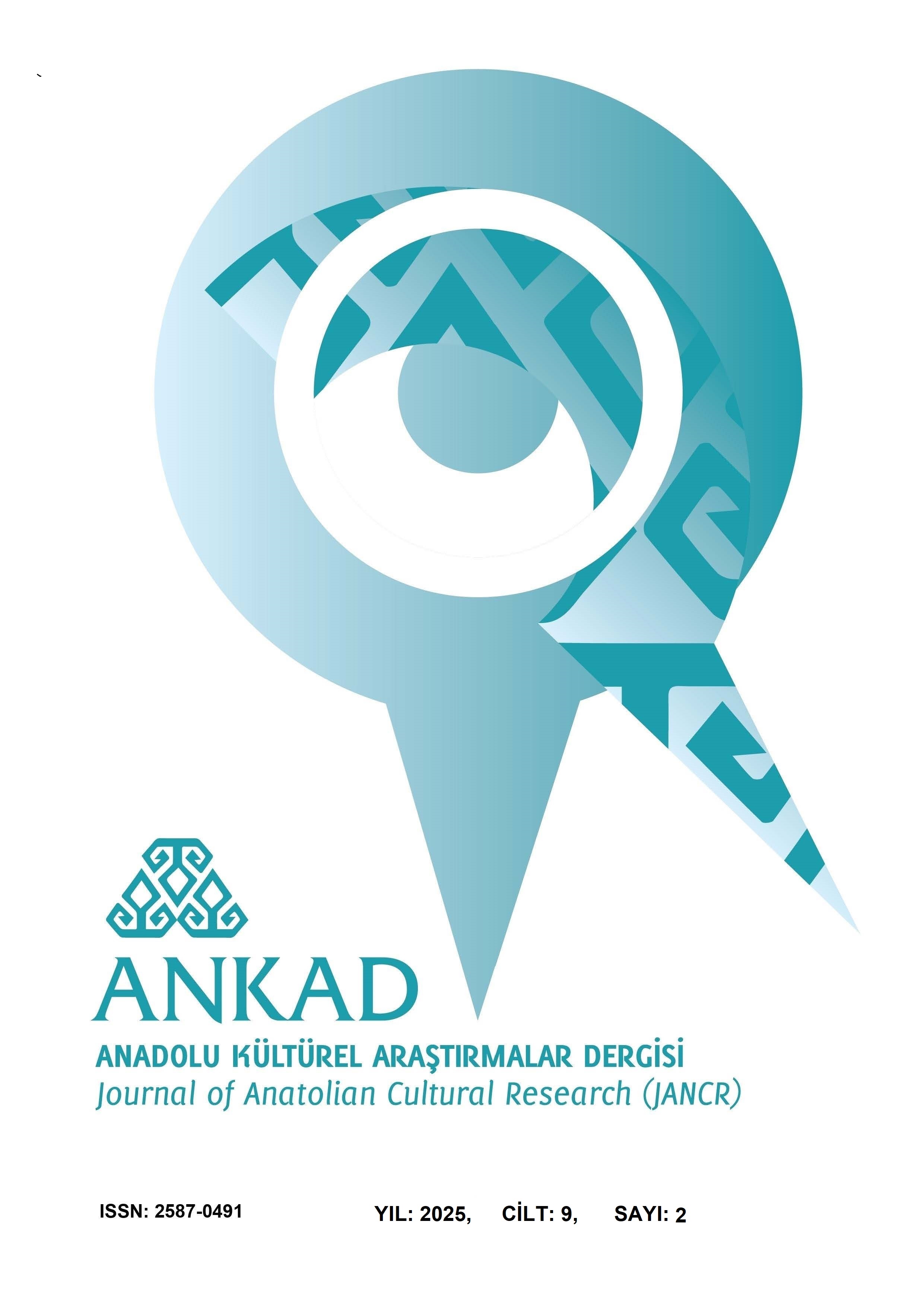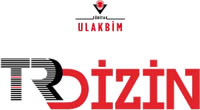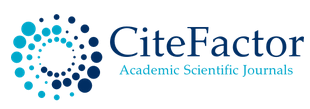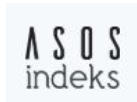Risks and Realities: A Qualitative Examination of Mediatic Medical Discourse from the Physician Perspective
DOI:
https://doi.org/10.63556/ankad.v9i2.260Keywords:
Mediatic medical discourse, qualitative research methods, descriptive phenomenology, physicians, health communicationAbstract
Abstract
Medical science has adopted the principle of “seeing is knowing, knowing is treating”, which has become dominant in the field. This principle has endowed physicians with a certain power and control role. While physicians' medical opinions are fed by this power, the increase in the number of viewers and users on media platforms has facilitated the dissemination of these opinions to wider audiences. Qualitative interviews with physicians were conducted using a descriptive research design aiming to identify the variables evoked in the minds of physicians in the context of “mediated medical discourse”. The study was conducted using qualitative research methods developed by Giorgi (2005) and applied descriptive phenomenological method analysis and interviews were conducted with 16 specialized physicians. The results of the study reveal several key themes related to mediated medical discourse. These include the types and pervasive influence of medical discourse in the media and the nature and popularity of medical discourse in the media. The study also highlights the roles and qualifications of media doctors, their activities, their portrayal of different groups, and both positive and negative aspects of their involvement. The findings also explore the motivations behind doctors' interaction with the media, their focus on self-interest, economic gains and the impact of neoliberal policies on their role. The evolving landscape of medicine, shaped by centuries of clinical experimentation and observation, highlights the complex relationship between health, information dissemination and social debates. With the proliferation of medical content across various media channels, the nuanced nature of health communication has become increasingly apparent. Yet, amidst this wealth of information lie inherent risks associated with public consumption, requiring a collective effort from doctors, media outlets and regulatory bodies to ensure the integrity and accuracy of shared medical information. Therefore, stakeholders must uphold scientific rigor, ethical standards and legal frameworks to navigate the complex space of health communication in the digital age.
References
Baştürk, E. (2017). Biyopolitika ve savaşım: Foucault ve Agamben arasındaki ayrımın kavramsal içeriği. Marmara Üniversitesi Siyasal Bilimler Dergisi, 5(2), 1-23. DOI: https://doi.org/10.14782/sbd.2017.63
Baudrillard, J. (2008). Tüketim Toplumu. (Deliçaylı, H. & Keskin, F. Translator), 3. Edition, İstanbul: Ayrıntı Yayınları.
Boden, D., & Zimmerman, D. H. (Eds.). (1991). Talk and social structure: Studies in ethnomethodology and conversation analysis (pp. 3-21). Cambridge: Polity Press. DOI: https://doi.org/10.2307/2075586
Bozok, N. (2011). Biyoiktidara özgü bir özne(l)leşme pratiği olarak popüler sağlıklı yaşam söylemi. Toplum ve Bilim, 122, 37-53.
Capra, F. (1992). Batı Düşüncesinde Dönüm Noktası. (Armağan, M. Translator), 2. Edition. İstanbul: İnsan Yayınları; 1992
Cifu, A. S. (2014). Why Dr. Oz makes us crazy. Journal of general internal medicine, 29, 417-418. DOI: https://doi.org/10.1007/s11606-013-2646-3
Cook, T. M. (2020). Personal protective equipment during the coronavirus disease (COVID) 2019 pandemic–a narrative review. Anaesthesia, 75(7), 920-927. DOI: https://doi.org/10.1111/anae.15071
Creswell, J. W., & Poth, C. N. (2016). Qualitative inquiry and research design: Choosing among five approaches. Sage publications.
DeCamp, M. (2013). Physicians, social media, and conflict of interest. Journal of general internal medicine, 28(2), 299-303. DOI: https://doi.org/10.1007/s11606-012-2251-x
Donohue, G. A., Tichenor, P. J., & Olien, C. N. (1975). Mass media and the knowledge gap: A hypothesis reconsidered. Communication research, 2(1), 3-23. DOI: https://doi.org/10.1177/009365027500200101
Forshaw, M., & Pennington, D. (2003). Advanced psychology: Health psychology. London: Hodder & Stoughton.
Foucault, M. (2008). The Birth of Biopolitics. 1. Edition. New York: Palgrave Macmillan.
Giorgi, A. (2005). The phenomenological movement and research in the human sciences. Nursing science quarterly, 18(1), 75-82. DOI: https://doi.org/10.1177/0894318404272112
Glesne, C. (2015). Nitel Araştırmaya Giriş. Ankara: Anı Yayıncılık.
Gould, D. J., Grant Stevens, W., & Nazarian, S. (2017). A primer on social media for plastic surgeons: what do I need to know about social media and how can it help my practice?. Aesthetic surgery journal, 37(5), 614-619. DOI: https://doi.org/10.1093/asj/sjw246
Kalan, Ö. (2014). Foucault'un Biyopolitika Kavramı Bağlamında Moda ve Beden: Vouge Dergisi Üzerinden Bir Söylem Analizi. Selçuk İletişim, 8(3), 140-162.
Korownyk, C., Kolber, M. R., McCormack, J., Lam, V., Overbo, K., Cotton, C., ... & Allan, G. M. (2014). Christmas 2014: Media Studies Televised medical talk shows-what they recommend and the evidence to support their recommendations: a prospective observational study. BMJ-British Medical Journal, 349. DOI: https://doi.org/10.1136/bmj.g7346
Mudge, S. L. (2008). The State of the Art What is neo-liberalism?. Socio-Economic Review, 6(4), 703-731. DOI: https://doi.org/10.1093/ser/mwn016
Ohlheiser, A. (2020). Doctors Are Now Social-Media Influencers. They Aren’t All Ready For It. MIT Technology Review. URL: https://www.technologyreview.com/2020/04/26/ 1000602/covid-coronavirus-doctors-tiktok-youtube-misinformation-pandemic/
Paice, E., Heard, S., & Moss, F. (2002). How important are role models in making good doctors?. BMJ-British Medical Journal, 325(7366), 707-710. DOI: https://doi.org/10.1136/bmj.325.7366.707
Pershad, Y., Hangge, P. T., Albadawi, H., & Oklu, R. (2018). Social medicine: Twitter in healthcare. Journal of clinical medicine, 7(6), 121. DOI: https://doi.org/10.3390/jcm7060121
Petersen A. (2007). The Body in Question: A Socio-Cultural Approach. 1. Edition. New York: Routledge. DOI: https://doi.org/10.4324/9780203100110
Polit, D. F. & Beck, C. T. (2012). Nursing Research: Generating and Assessing Evidence for Nursing Practice. Ninth Edition. China: Lippincott Williams & Wilkins.
Porter, R. & Vigarello, G. (2008). Beden, Sağlık ve Hastalıklar. in: Bedenin Tarihi I. (Özen, S. Translator). 1. Edition. İstanbul: Yapı Kredi Yayınları.
Sanders, P. (1982). Phenomenology: A new way of viewing organizational research. Academy of management review, 7(3), 353-360. DOI: https://doi.org/10.2307/257327
Timurturkan, M. (2013). Tıbbi söylem ve iktidar: medyada “diyet-zayıflık-sağlık” ilişkisi etrafında bedenin denetimi. Akdeniz İnsani Bilimler Dergisi, 3(1), 237-252.
Timurturkan, M. (2013). Tıbbi söylem ve iktidar: medyada “diyet-zayıflık-sağlık” ilişkisi etrafında bedenin denetimi. Akdeniz İnsani Bilimler Dergisi, 3(1), 237-252. DOI: https://doi.org/10.13114/MJH/20131665
Tosyalı, H., & Sütçü, C. S. (2016). Sağlık iletişiminde sosyal medya kullanımının bireyler üzerindeki etkileri. Maltepe Üniversitesi İletişim Fakültesi Dergisi, 3(2), 3-22.
Turner, B. S., & Tatlıcan, Ü. (2011). Tıbbi güç ve toplumsal bilgi. Sentez yayıncılık.
URL1 (2021) <https://moneyinc.com/richest-doctors> (Accessed 02.07.2021)
Downloads
Published
How to Cite
Issue
Section
License
Copyright (c) 2025 Journal of Anatolian Cultural Research (JANCR)

This work is licensed under a Creative Commons Attribution-NonCommercial 4.0 International License.










